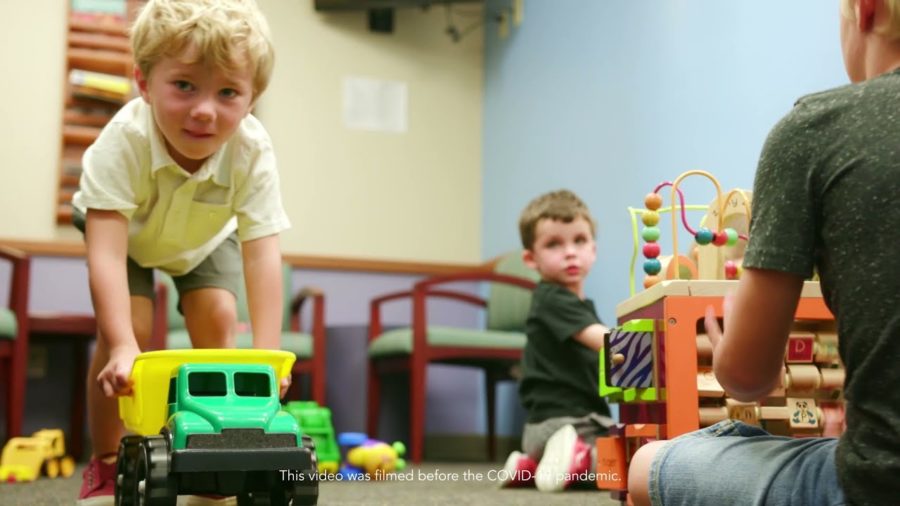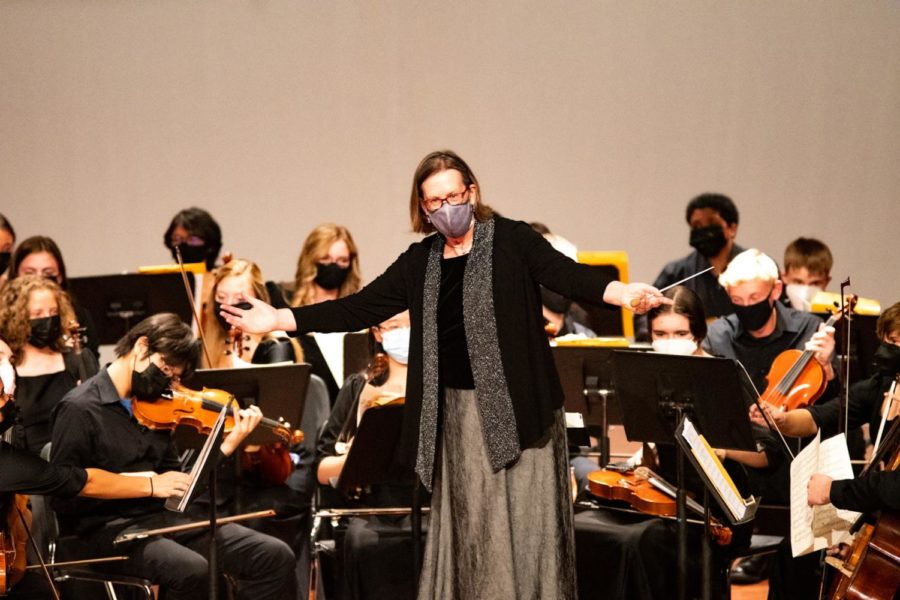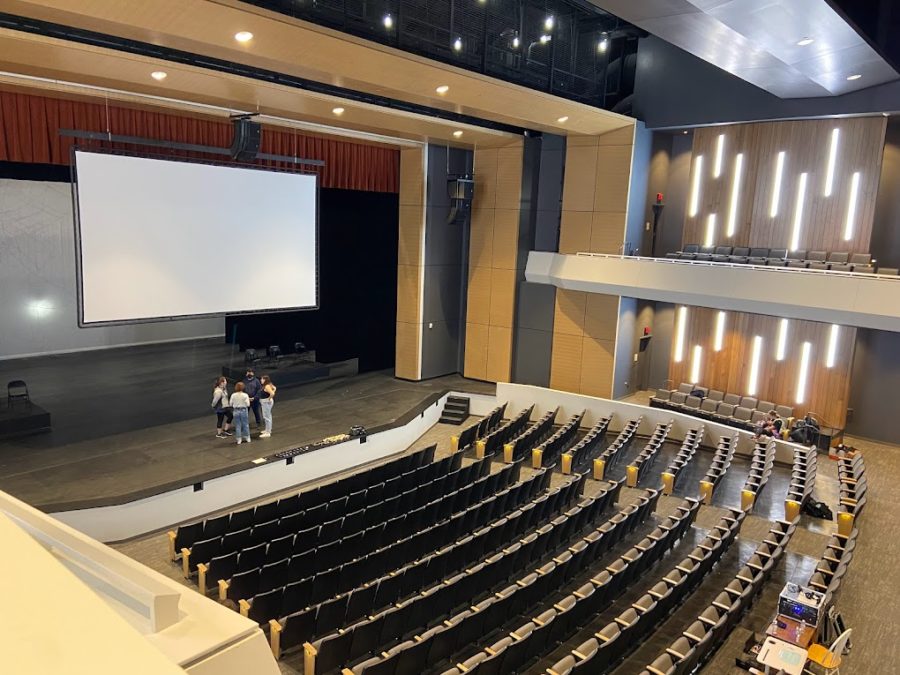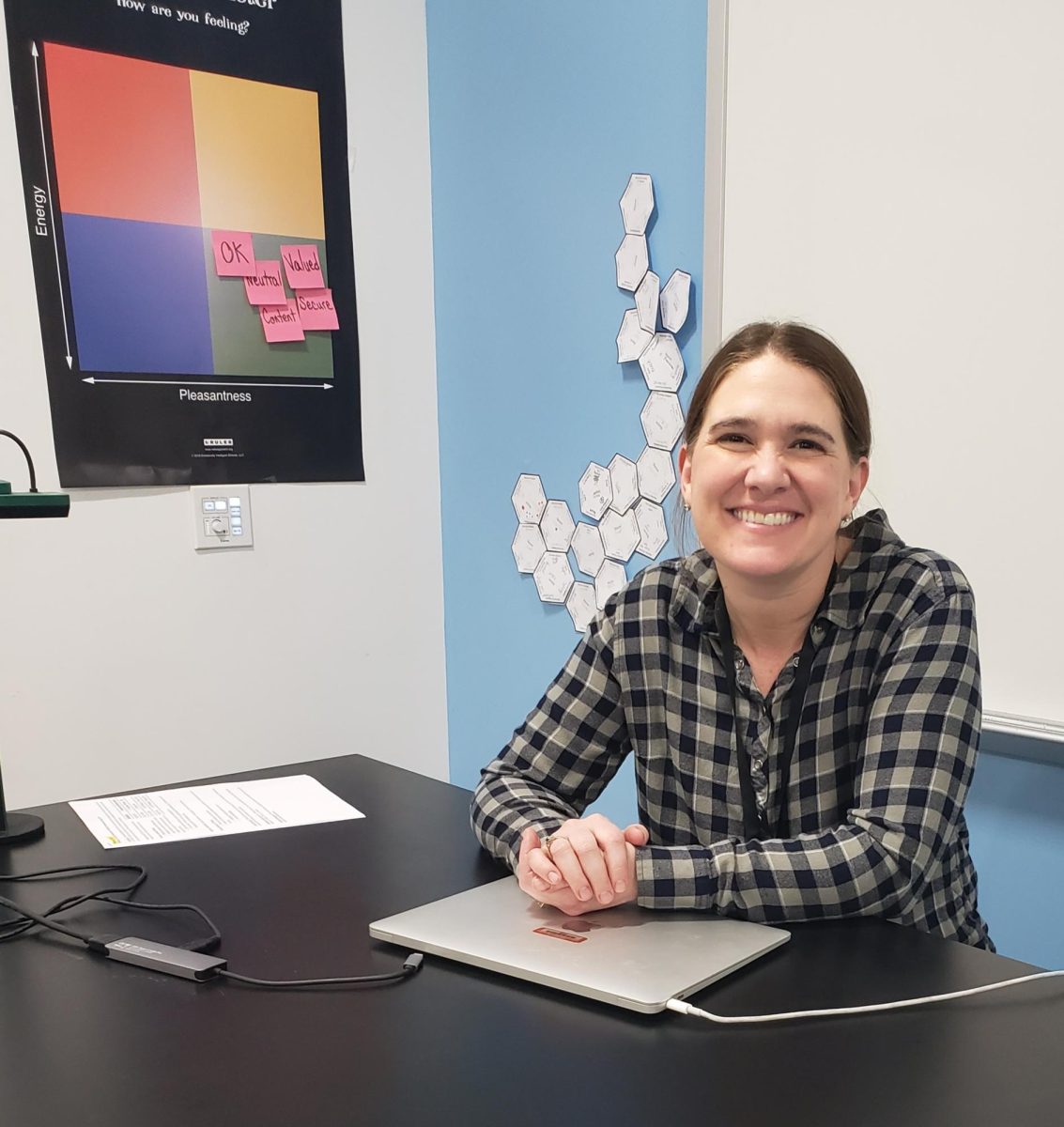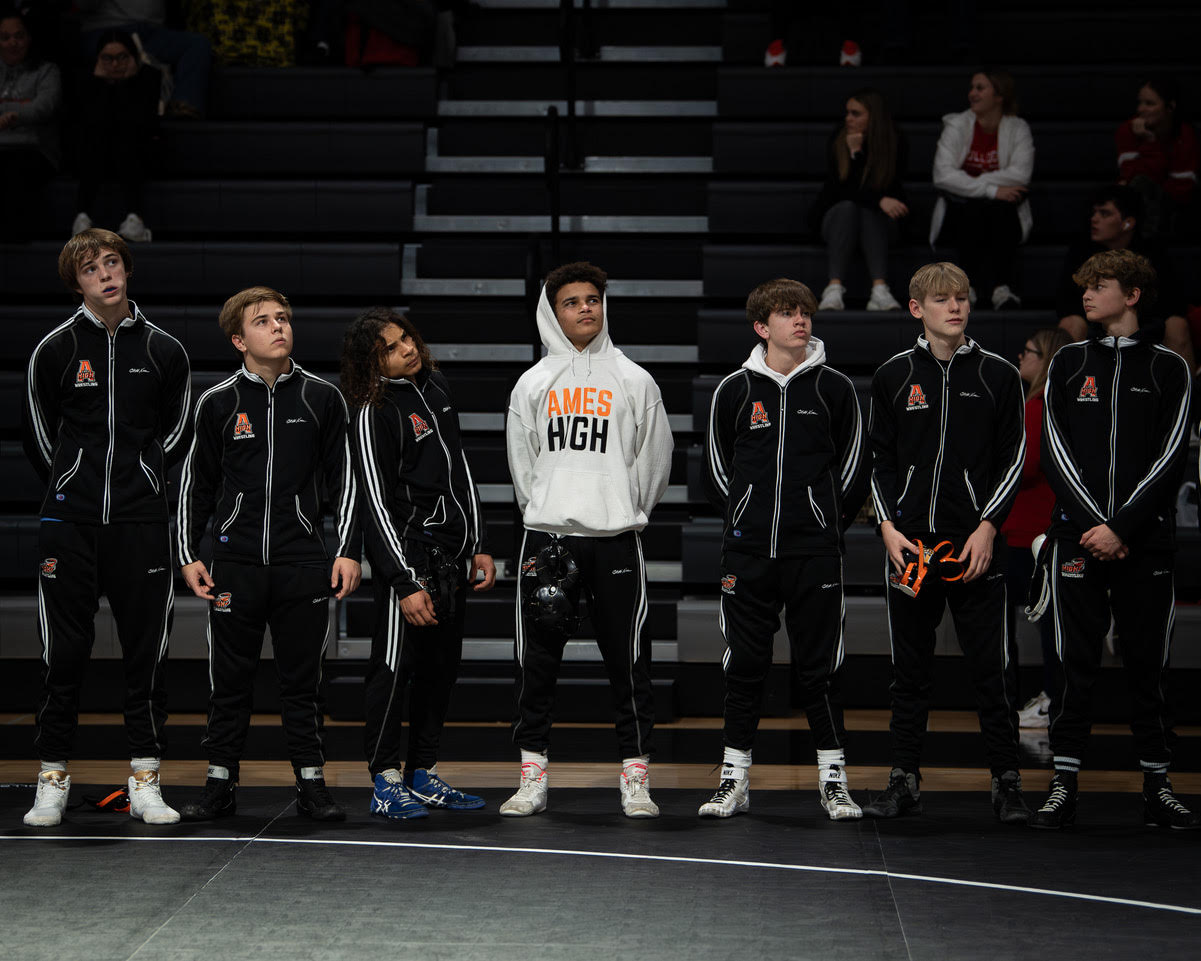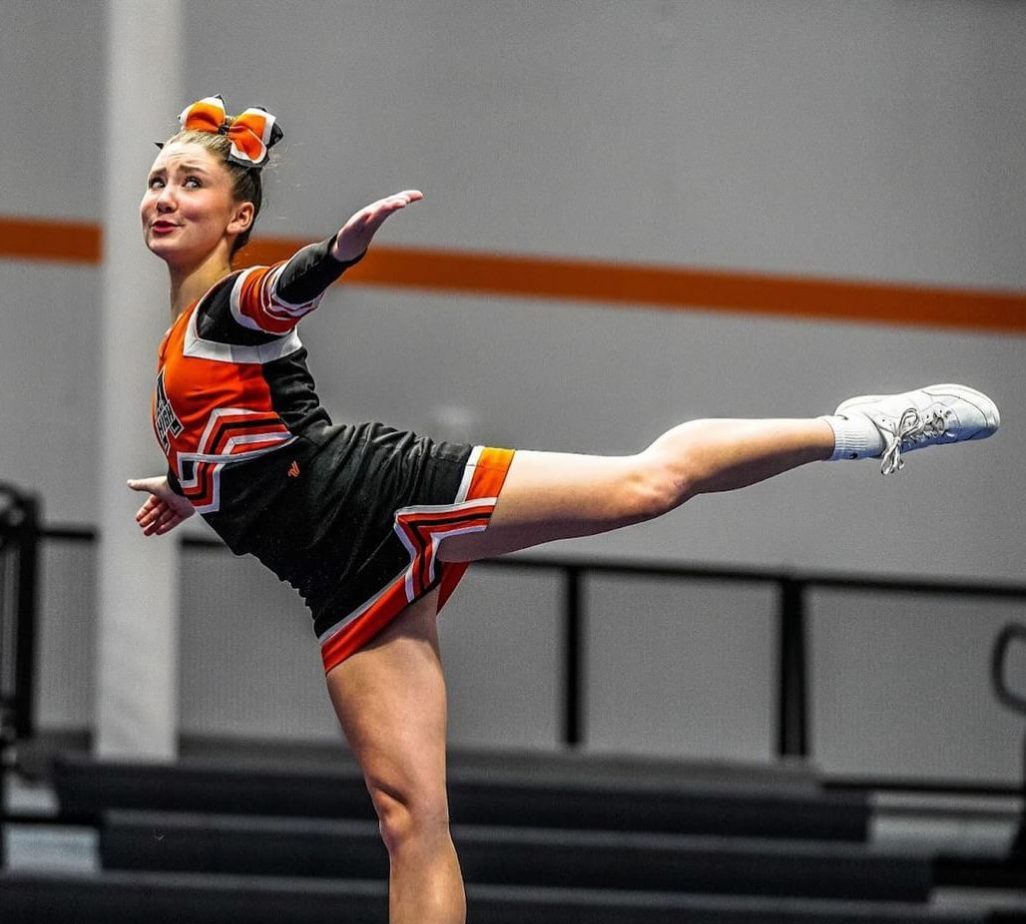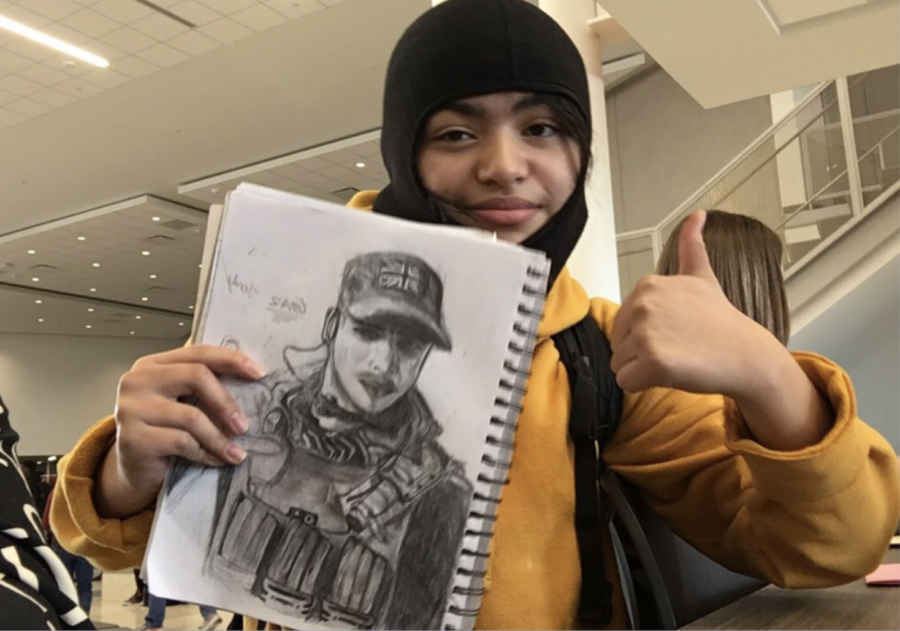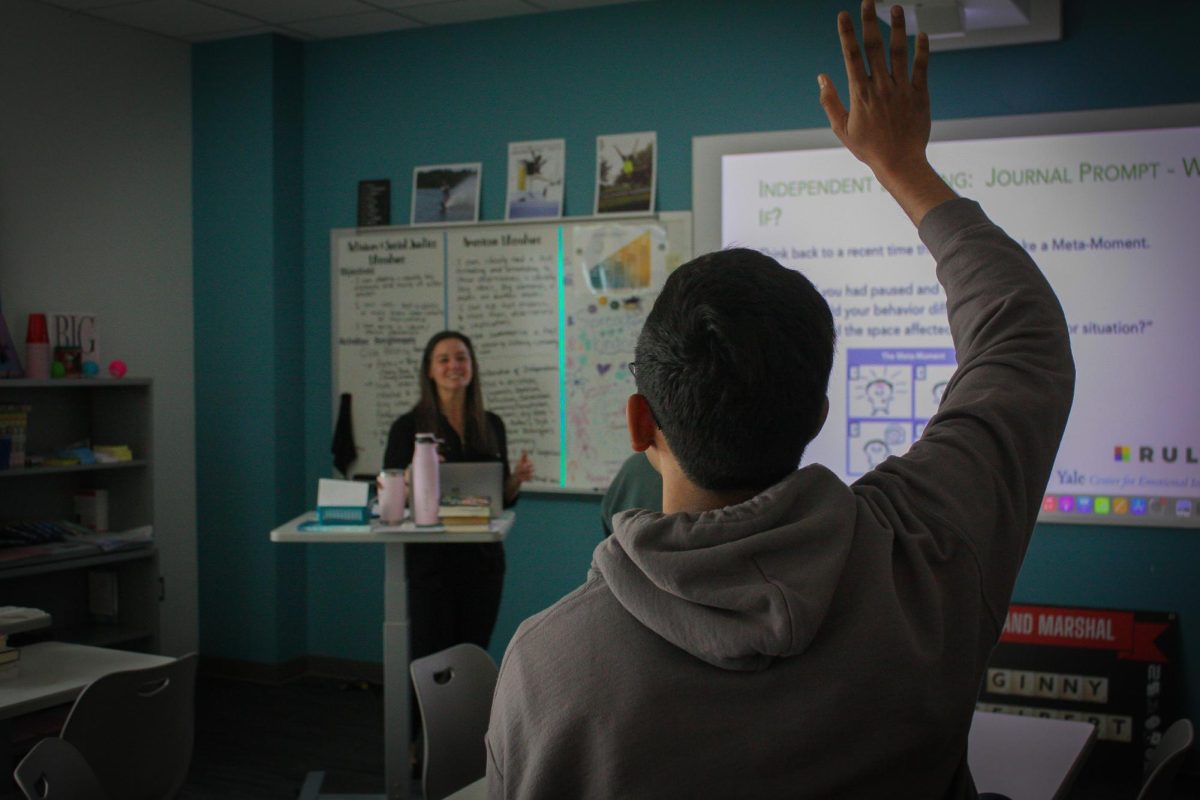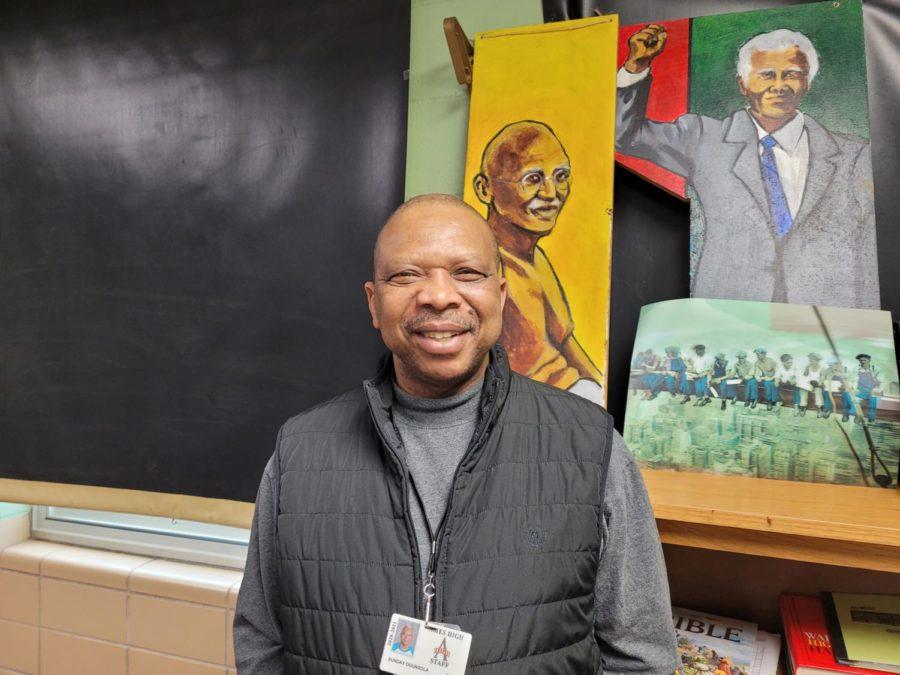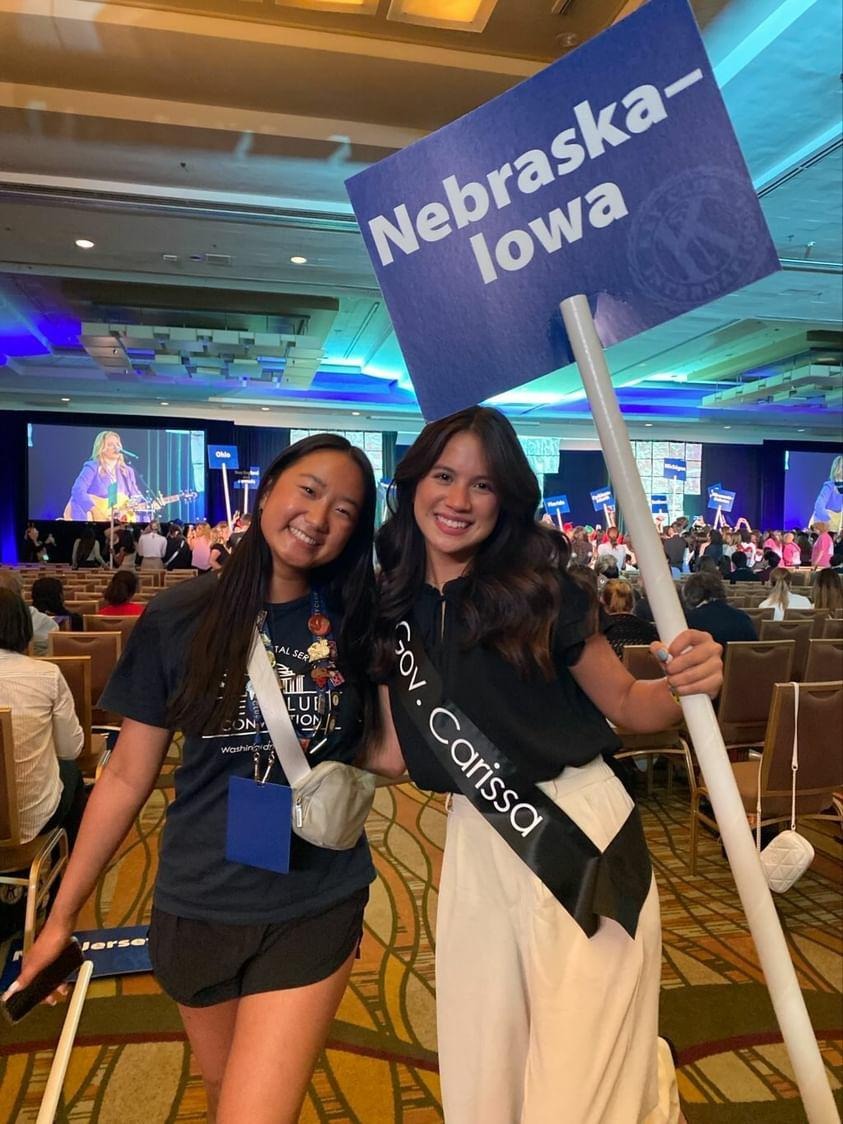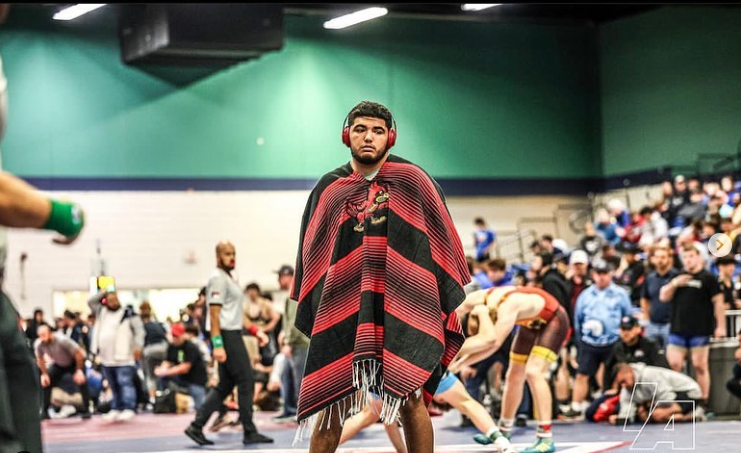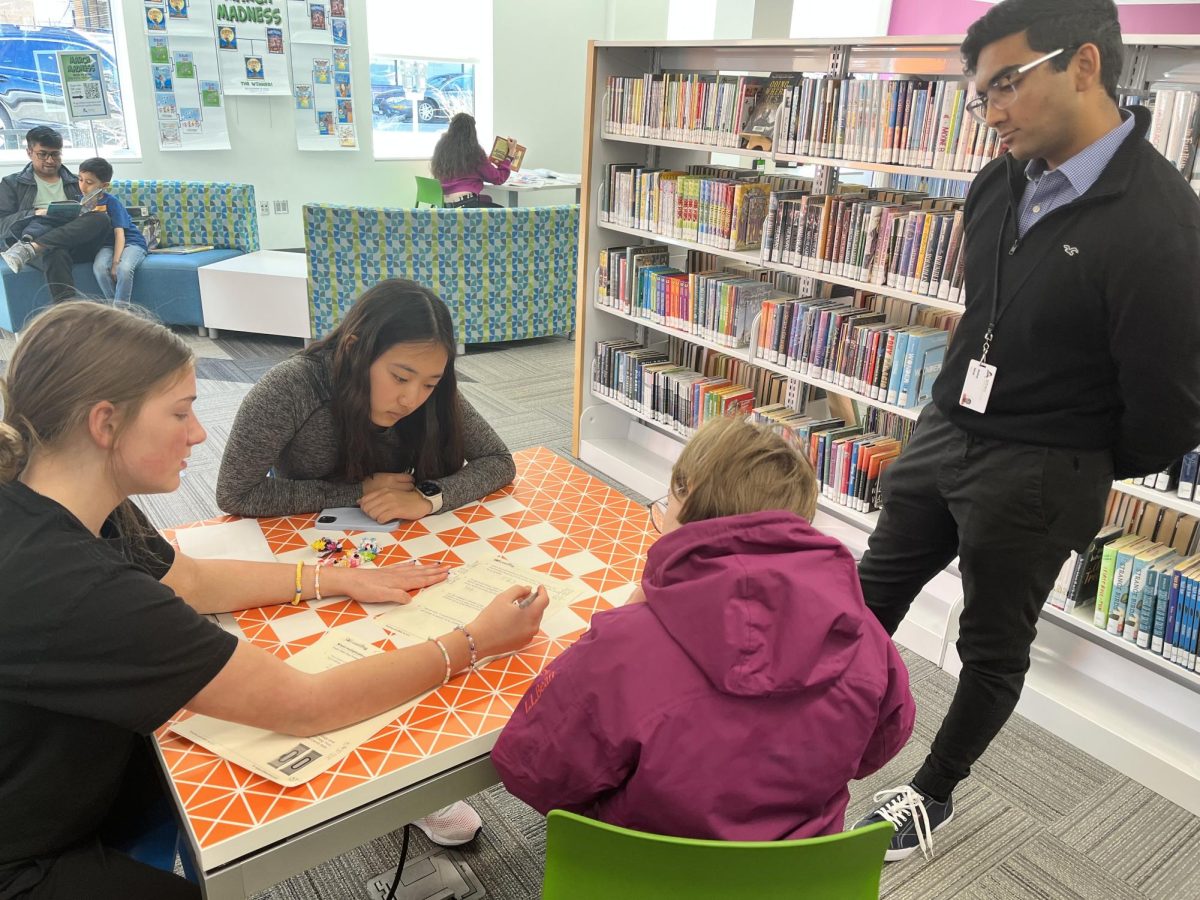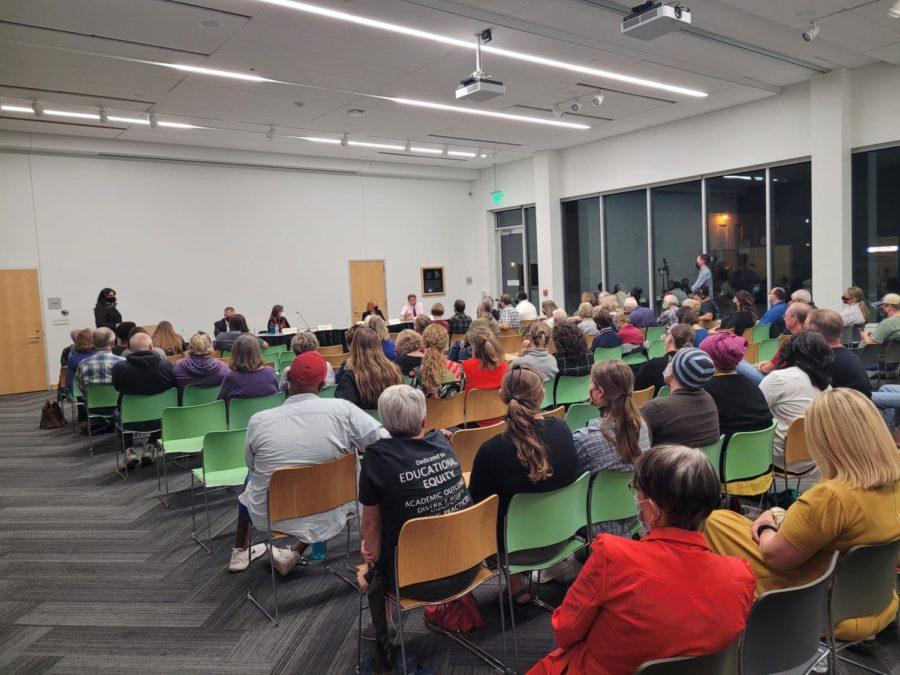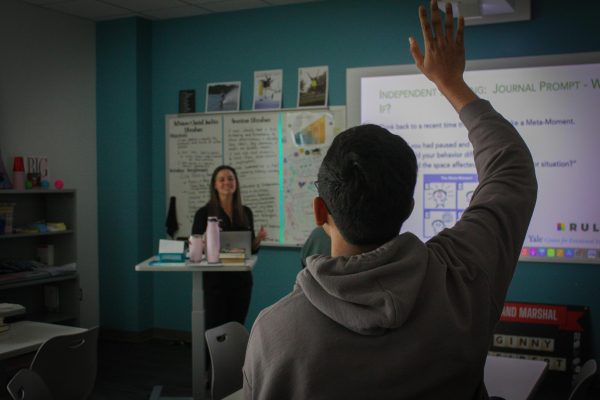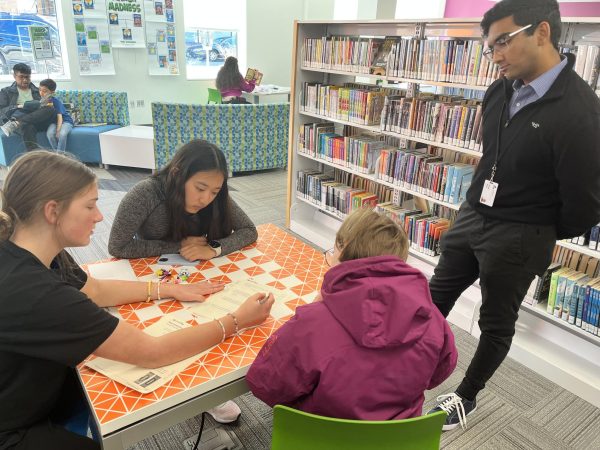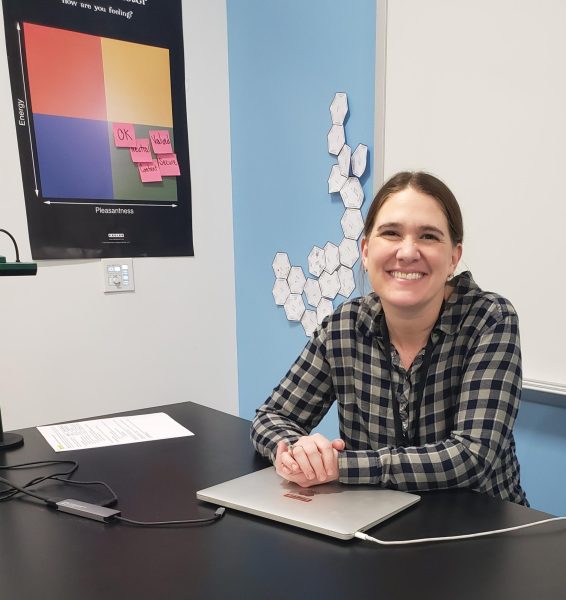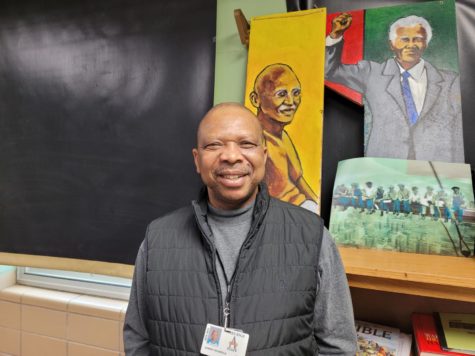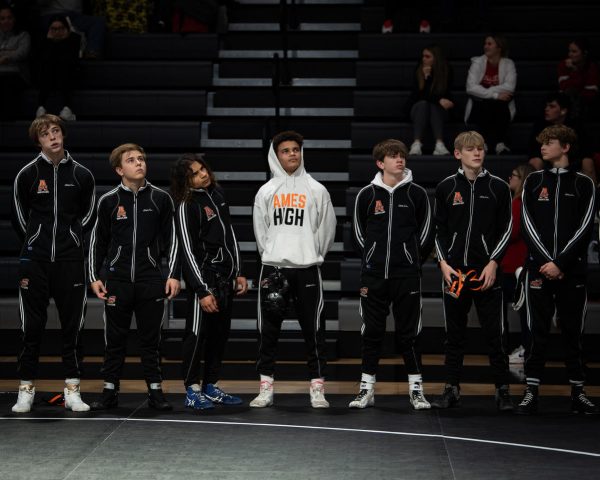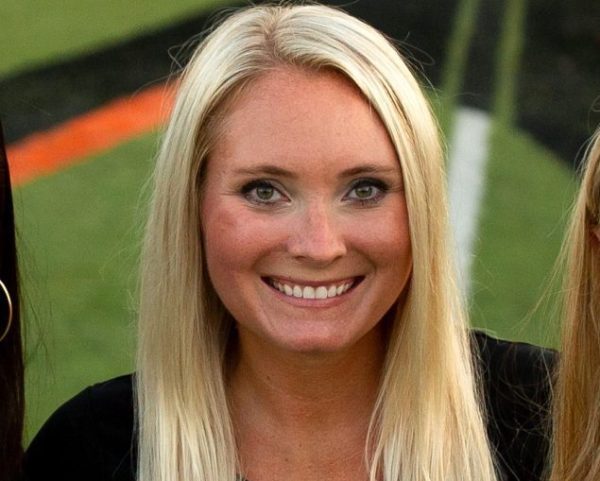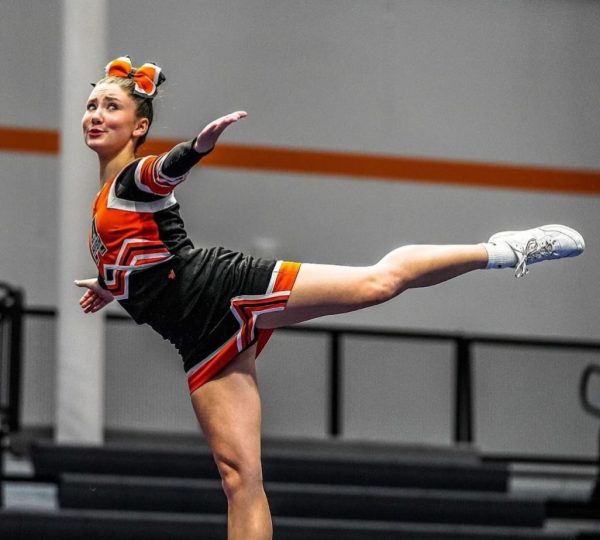Candidates Answer Questions at Diversity and Inclusion Forum
Voters gathered to hear from School Board candidates at the Ames Public Library on October 14th.
Last Thursday at Ames Public Library, five of the seven school board candidates (Dryer, Smith, Duvick, Winfrey, Becker) appeared at a public forum answering questions on inclusivity and diversity in the Ames Community School District. The questions were posed by representatives from the Anti-Racism Collaborative of Ames, the Ames branch of the NAACP, the Ames Black Liberation Movement, the Ames Youth and Schools Action Team, as well as forum attendees.
Following Duvick’s early departure due to prior obligations, candidates did agree on several topics. All candidates agreed that decisions should be based on evidence, but the community should also be clearly consulted and aware of all choices. The candidates also all agreed to support a future Black Lives Matter week in Ames schools. Finally, all candidates vowed to support teachers and administration who face criticism for teaching diversity, as well as work to regulate how the public communicates with teachers and staff.
Here’s where candidates differed:
Rolf Duvick
Opening Statement:
“I really do care about every single child who walks through those halls.”
Duvick emphasized the importance of structure and discipline for the school to thrive.
Definition of education equity:
“In some ways, it seems nebulous.”
He stated that he believes every student is important, and that students require a structured, safe, and disciplined environment to pursue their ideal education.
(NAACP) Where do you stand on House File 802?
Duvick explained that this bill is related to Critical Race Theory, which he stated is considered divisive by many. He also claimed that 80% are opposed to CRT being taught in schools. The Web could not find the source of this percentage, but here are some recent statistics on the matter.
(ARC) To what do you attribute disparities in academic achievement?
Duvick attributes disparities to a lack of structure and discipline.
“Discipline gives students security.”
(BLM) Do you believe systemic racism exists, and should the concept be taught in schools?
“We’re looking for something that may not be there.”
Duvick argued that it is important to keep children’s innocence unless something is clear. He believes that schools should not lose track of their objective, which is to meet standards.
Mr. Duvick had to leave for other engagements following this question.
Brett Becker
Opening Statement:
“Equity is indispensable in the school system.”
Becker explained that he has talked and preached about equity and inclusion his whole life. He also pointed out that the fact that some candidates were not present implied that they think diversity is optional- a view Becker adamantly disagrees with.
Definition of education equity:
“Equality and equity are not the same.”
He explained that equity means everyone is given the means to reach their goals, and that means different things for different people. He also stated that working towards equity is not just about addressing individual needs, but the systems that surround individuals.
Where do you stand on House File 802?
“To teach about history and how it affects people of color is not divisive… we don’t have to feel guilty but we have to be responsible in facing our history.”
Becker argues that information is not divisive and must be taught to move forward.
To what do you attribute disparities in academic achievement?
Becker believes that performance can improve when students see themselves represented in the school curriculum, specifically in a positive light.
Do you believe systemic racism exists, and should the concept be taught in schools?
Becker argues that systemic racism absolutely exists and that education should address it. He furthers this by saying that people cannot be color blind, rather color-aware, as well as gender-aware and body-aware.
Given the lack of diversity among the School Board candidates, what work will you do to support POC and educate yourself?
“Experience, of course, is invaluable, but we can’t experience everything.”
Becker points out that he is an avid reader, and that he will continue to read, listen, and collaborate with the community to stay informed.
How to address equity alongside discipline:
Becker explains that students with disabilities, students who are Black, and ESL students receive three times more detentions. While the Web could not find this exact statistic, this study and this study corroborate his statement. Thus, he advocates for engaging in social and emotional learning for everyone and finding the root cause of fights.
Scott Dryer
Opening Statement:
Dryer advocates for policy that is clearly understood by all. He wants the school to host meetings with the student body and engage with students.
“What I bring forward is 28 years of experience.”
Dryer believes it is important to have someone who knows the inner workings of the school, someone who understands the ebbs and flows.
Definition of education equity:
“Equity is not nebulous. It’s the foundation by which we do what we do.”
Dryer views equity as both a matter of individuals and groups which have the same needs.
Where do you stand on House File 802?
Dryer advocates for the necessity of robust discussions in the classroom and does not believe that HF 802 can stop teachers from teaching history. He also emphasized the need for local control in education.
To what do you attribute disparities in academic achievement?
Dryer explained that the data showed several reasons including culture, climate, and student-teacher relationships. He believes that teachers must have the tools necessary to know how to be inclusive.
Do you believe systemic racism exists, and should the concept be taught in schools?
“Systemic racism is present and the only way we can get beyond it is education.”
Dryer has seen how kids can love unconditionally and believes that the only way we can combat systemic racism is through robust discussions, including consulting the perspective of students.
Given the lack of diversity among the School Board candidates, what work will you do to support POC and educate yourself?
Dryer believes that his experience with diverse populations will help him to have a true understanding of what equity means in schools.
How to address equity alongside discipline:
“I would have a meeting with students today in the gym. (In reference to recent fights.)”
He believes that there is currently a disconnect with students, and he would speak to the student body to give them ownership of the situation. He also believes in clear consequences.
Amy Erica Smith
Opening Statement:
Smith wants to bring equity, diversity, and inclusion to the table at the school board. She is also a social scientist who analyzes data particularly related to diversity. She has a history of working with immigrant communities near the Texas-Mexico border and hopes to continue to learn and do better.
Definition of education equity:
“Equity means adapting to kids’ needs.”
She believes that equity should be the foundation of what is done in schools.
Where do you stand on House File 802?
While Smith is opposed to the File and believes that HF 802 mischaracterizes what is being taught in schools, she also notes that it has no enforcement mechanism, leaving room for teaching equity, diversity, and inclusion.
“We need to continue to talk about [equity, diversity, and inclusion], it’s how we improve as a society.”
To what do you attribute disparities in academic achievement?
Smith identified two types of factors: outside and inside of school. While schools cannot entirely address poverty and racism, she believes a diverse curriculum, positive inclusive culture, and support for students can help. She also advocates for more EAs, counselors, and social workers.
Do you believe systemic racism exists, and should the concept be taught in schools?
“A history of slavery and conquest led to institutions with inequitable outcomes.”
Smith believes strategies can work to address this issue in schools, and that it is essential to do so.
Given the lack of diversity among the School Board candidates, what work will you do to support POC and educate yourself?
Smith reiterated the work she has done with immigrant communities on the US-Mexico border in Southern Texas, adding that while that work does not substitute for diversity, she will continue to listen and learn from the community.
How to address equity alongside discipline:
“Addressing student behavior is not at odds with addressing equity.”
Smith advocates for consistently implemented consequences, as well as practices that strike at the root of the problem. These include mental health issues and poverty.
Kelly Winfrey
Opening Statement:
“We can’t address broader issues without addressing inequalities.”
Winfrey noted that her teaching, research, and outreach have long focused on diversity and inclusion. She believes that these issues must be addressed by looking at the systems that perpetuate problems. Factors such as school climate, behaviors, test scores, and staff shortages all play into a good school environment.
Definition of education equity:
“Education is what kids need to reach their potential.”
Winfrey notes that certain identities face disparities and to improve, the school must focus on systems, not just individuals.
Where do you stand on House File 802?
Winfrey is adamantly opposed, even citing HF 802 as a reason she is running for the school board. She believes this piece of legislation will result in a chilling effect on teachers who wish to teach diversity, as they will fear losing jobs or facing lawsuits.
“I want them to know I have their back.”
To what do you attribute academic excellence disparities?
Winfrey explained that research shows disparities are often based on race and socioeconomic status, meaning larger institutions are at play in creating disparities. She believes they can be addressed by supporting critical consciousness training and promoting inclusive learning environments.
Do you believe systemic racism exists, and should the concept be taught in schools?
She believes it is absolutely real and can be addressed in school. Seeing as it is a reality, she believes that avoiding the topic is
“only protecting the innocence of white students.”
She also wants to reach out to parents and the community to work on addressing systemic racism.
Given the lack of diversity among the School Board candidates, what work will you do to support POC and educate yourself?
Winfrey makes it clear that while she does not know everything, she is willing to learn. If people of color believe there is a problem, then there is.
How to address equity alongside discipline:
She advocates for a clear policy that is not subjectively implemented, as well as accountability. She also emphasizes that fights are a symptom of a larger issue, showing the importance of a good school climate.
The Web encourages readers to click this link to learn about all of the candidates’ in-depth plans for supporting queer students, as compiled by Ames Pride. The School Board election will be held on November 2nd. For a list of polling locations, click here.
Your donation will support the student journalists of Ames High School, and Iowa needs student journalists. Your contribution will allow us to cover our annual website hosting costs.

Sophia Cordoba is a senior at Ames High, and more importantly, Editor-in-Chief of the Web. Amongst other things, she enjoys keeping up with the news despite...

Lily is a senior who currently serves as Editor-in-Chief. On campus, she has been involved in band, pep band, and orchestra. She enjoys watching soccer...

